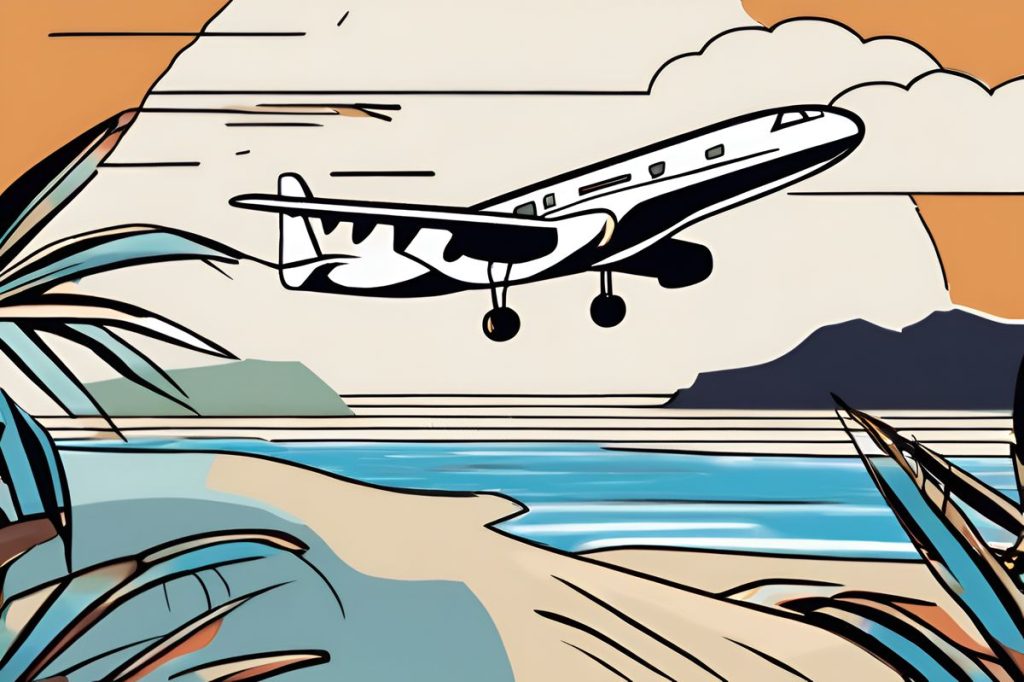Amid the escalating Lebanese exodus, Cyprus is prioritizing the safety and repatriation of its nationals, coordinating evacuations through the ‘Estia’ scheme, and offering assistance to civilians from nine other countries. With Foreign Minister Constantinos Kombos and President Nikos Christodoulides at the helm, Cyprus has become a vital hub, managing sea and air evacuations while ensuring tight security measures in response to the heightened tensions.
What are Cyprus’ priorities amidst the Lebanese exodus?
Cyprus’ main priorities amidst the Lebanese exodus are ensuring the safety and repatriation of Cypriot nationals, aiding civilians from other countries, and maintaining security. The government has activated the ‘Estia’ scheme for evacuations and is coordinating with international partners for sea and air transport solutions, while also taking steps to prevent illegal arrivals.
Heightened Security and Diplomatic Efforts
As tensions rise in the Middle East with an imminent threat of all-out war, Cyprus has become a critical hub for evacuations. On Wednesday, with the situation escalating, the Cypriot government was poised to implement heightened security measures. Foreign diplomats have already begun to depart Beirut, seeking refuge through Cypriot ports.
The urgency of the situation led to the arrangement of a Greek Lockheed C-130 military aircraft to repatriate 105 Cypriot nationals from Lebanon. Foreign Minister Constantinos Kombos emphasized that ensuring the safety and return of Cypriot citizens is of paramount importance. President Nikos Christodoulides immediately convened a national security council meeting to address the crisis and activate the ‘Estia’ scheme, which facilitates the evacuation of third-country nationals via Cyprus.
International Collaboration and Civilian Safety
Cyprus has not only been focusing on its own citizens but has also extended a helping hand to others in need. One country explicitly requested the assistance of Cyprus for civilian evacuation, and the island nation offered support to nine additional countries. The specifics of these nations remained undisclosed by Kombos, who reiterated the dual priority of safeguarding Cyprus’ security and aiding its citizens abroad.
The surge in violence has inevitably led to a rise in evacuation requests. Cypriot nationals in Lebanon and Israel keep constant communication with their diplomatic missions. Airports remain operational, yet commercial flights are scarce and cannot meet the burgeoning demand, further amplifying distress calls. The Cypriot government is proactively coordinating with Greece and other partners to arrange commercial flights for evacuees.
Navigating the Air and Sea
The ripple effects of the conflict have led to the closure of airspace over Israel, Lebanon, Iran, Iraq, and Jordan, stranding a total of 1,858 passengers in Cyprus. By early afternoon, 804 passengers had been flown back, with 705 waiting at Larnaca airport and 349 accommodated in hotels. Plans are in place to assist stranded individuals via sea and potentially through the use of military aircraft.
Every day, six to seven boats from Lebanon arrive at Larnaca and Ayia Napa carrying foreign diplomats and EU citizens. To date, approximately 500 people have reached the shores of Cyprus with the expectation that these numbers will rise. The EU’s stringent migration regulations are in full effect, and only evacuees who meet the criteria are allowed entry. The Red Cross is also involved, coordinating with boat owners to aid in the evacuation from Lebanon, amidst reports of exorbitant charges for the sea passage.
Coordination and Control
Amidst the chaos, the Cypriot government is taking vigilant steps to prevent any illegal arrivals. The complexity of the situation necessitates intricate coordination among various international and local agencies, including the Red Cross and boat owners.
In these turbulent times, Cyprus emerges as a beacon of stability and support, not just for its own citizens, but for the international community. The concerted efforts of the government, military, and humanitarian organizations are crucial to navigating the crisis with efficiency and compassion.
What measures is Cyprus taking to ensure the safety of its nationals amid the Lebanese exodus?
Cyprus is prioritizing the safety and repatriation of its nationals during the Lebanese exodus by activating the ‘Estia’ scheme for evacuations. The government is coordinating closely with international partners to facilitate both sea and air transport solutions. Heightened security measures are also being implemented to ensure the safety of all individuals involved in the evacuation process.
How is Cyprus assisting foreign civilians during the evacuations?
In addition to repatriating its own citizens, Cyprus is offering assistance to civilians from nine other countries affected by the crisis. The Cypriot government is coordinating with various international agencies to extend support, and has made arrangements to facilitate the evacuation of third-country nationals through its territory.
What challenges are being faced in the evacuation efforts?
The ongoing conflict has led to a surge in evacuation requests, and while airports in Cyprus remain operational, commercial flights are scarce and insufficient to meet the demand. Additionally, the closure of airspace over neighboring countries has stranded many passengers, complicating the logistics of repatriation efforts. Plans are being made to assist those stranded via sea and potentially military aircraft, amidst reports of high costs for sea passage.
How is Cyprus managing the influx of evacuees and maintaining security?
The Cypriot government is taking proactive steps to manage the ongoing influx of evacuees while ensuring tight security measures are in place to prevent illegal arrivals. This involves coordinated efforts among various local and international agencies, including the Red Cross and boat owners. As a result, Cyprus is emerging as a crucial hub for stability and support in these challenging times, providing a safe haven for both its nationals and foreign civilians.

